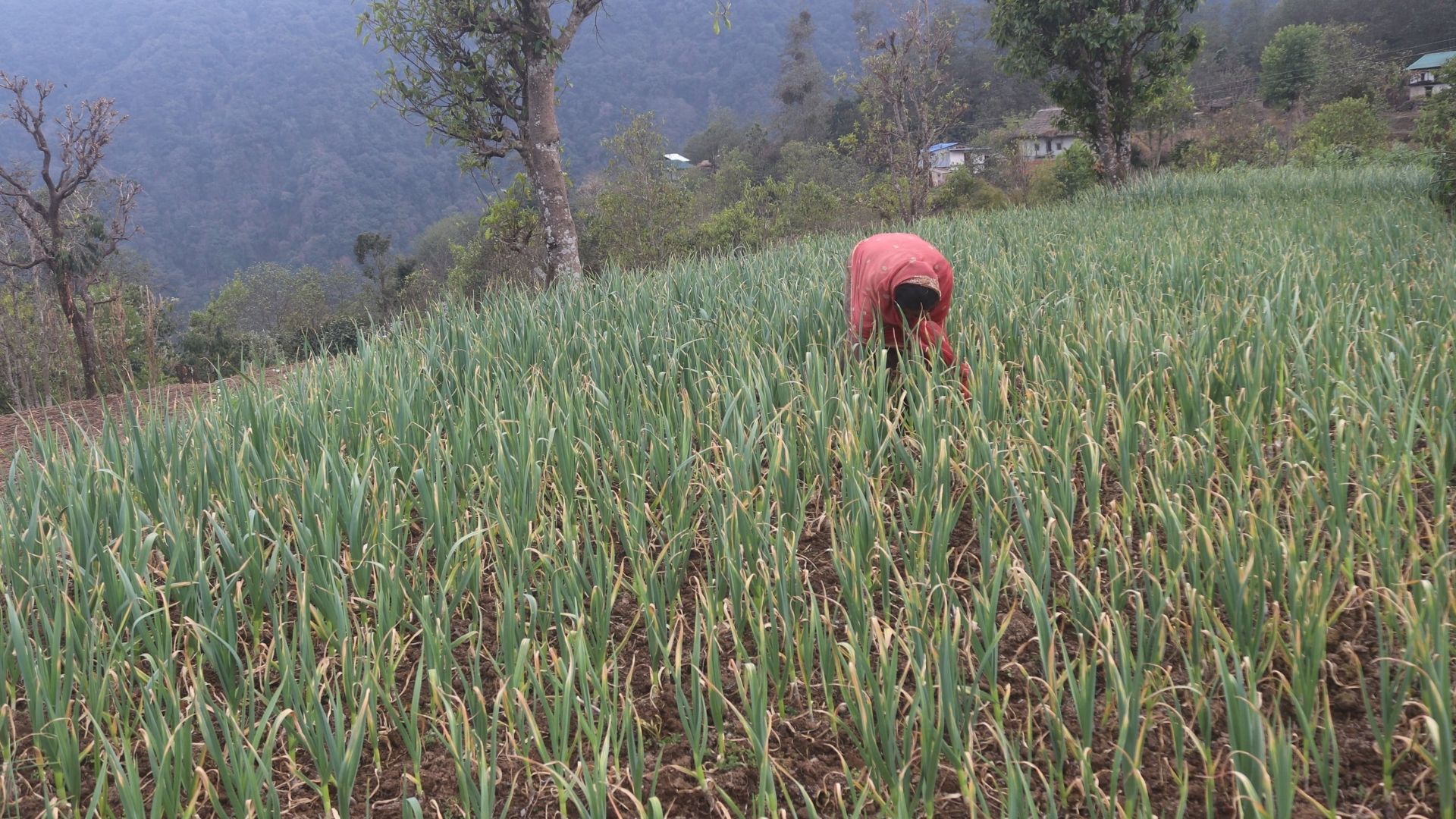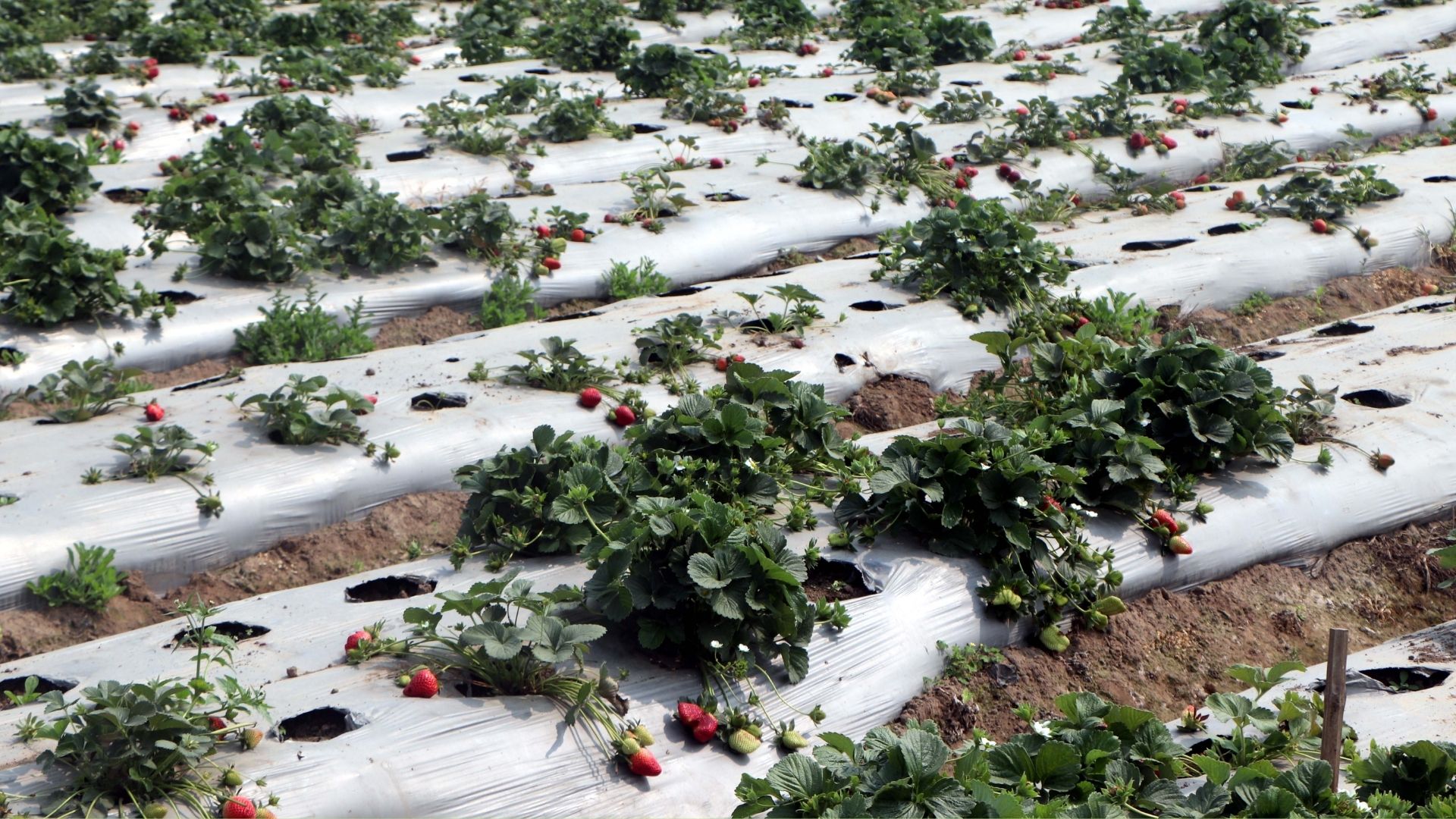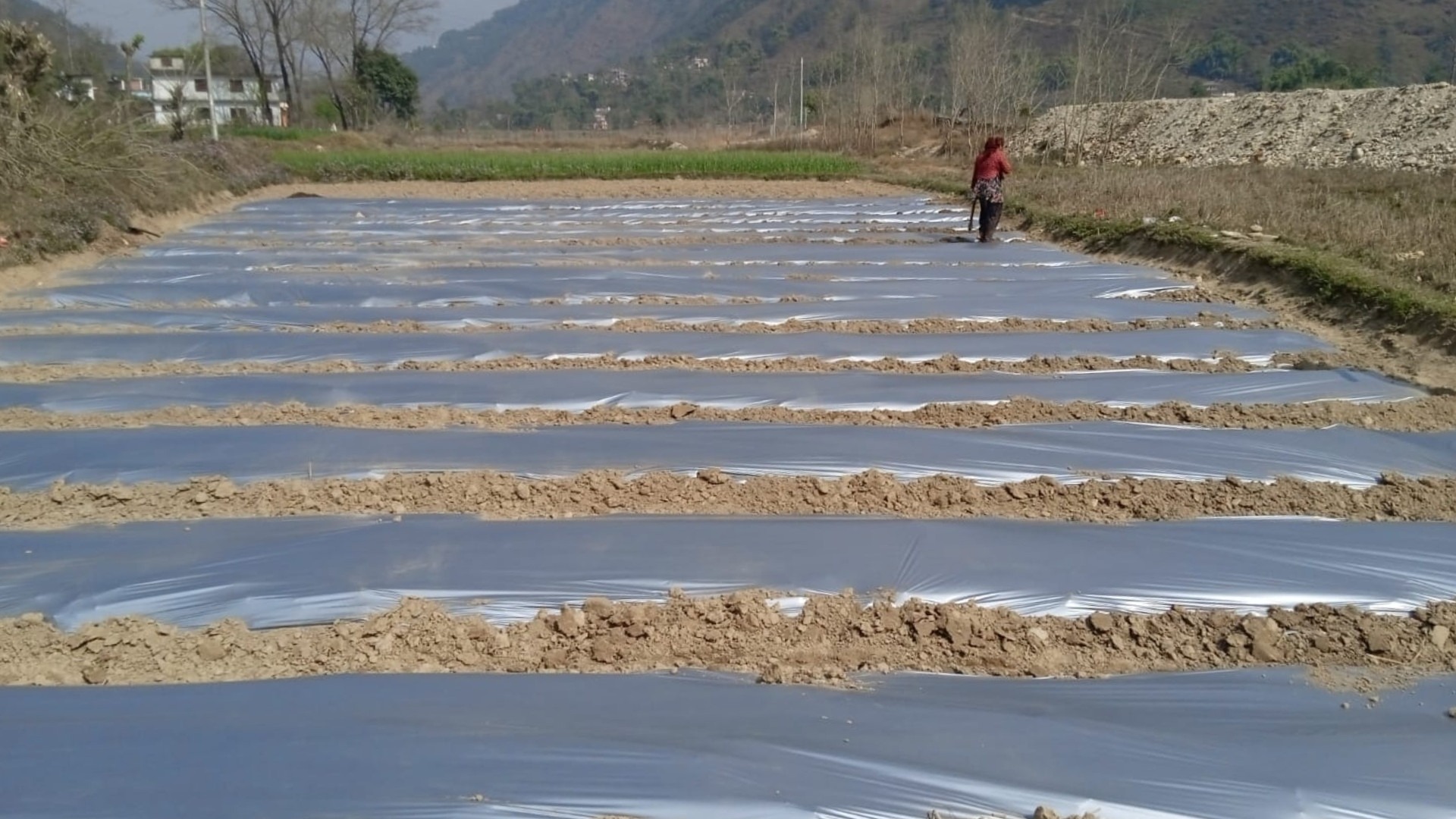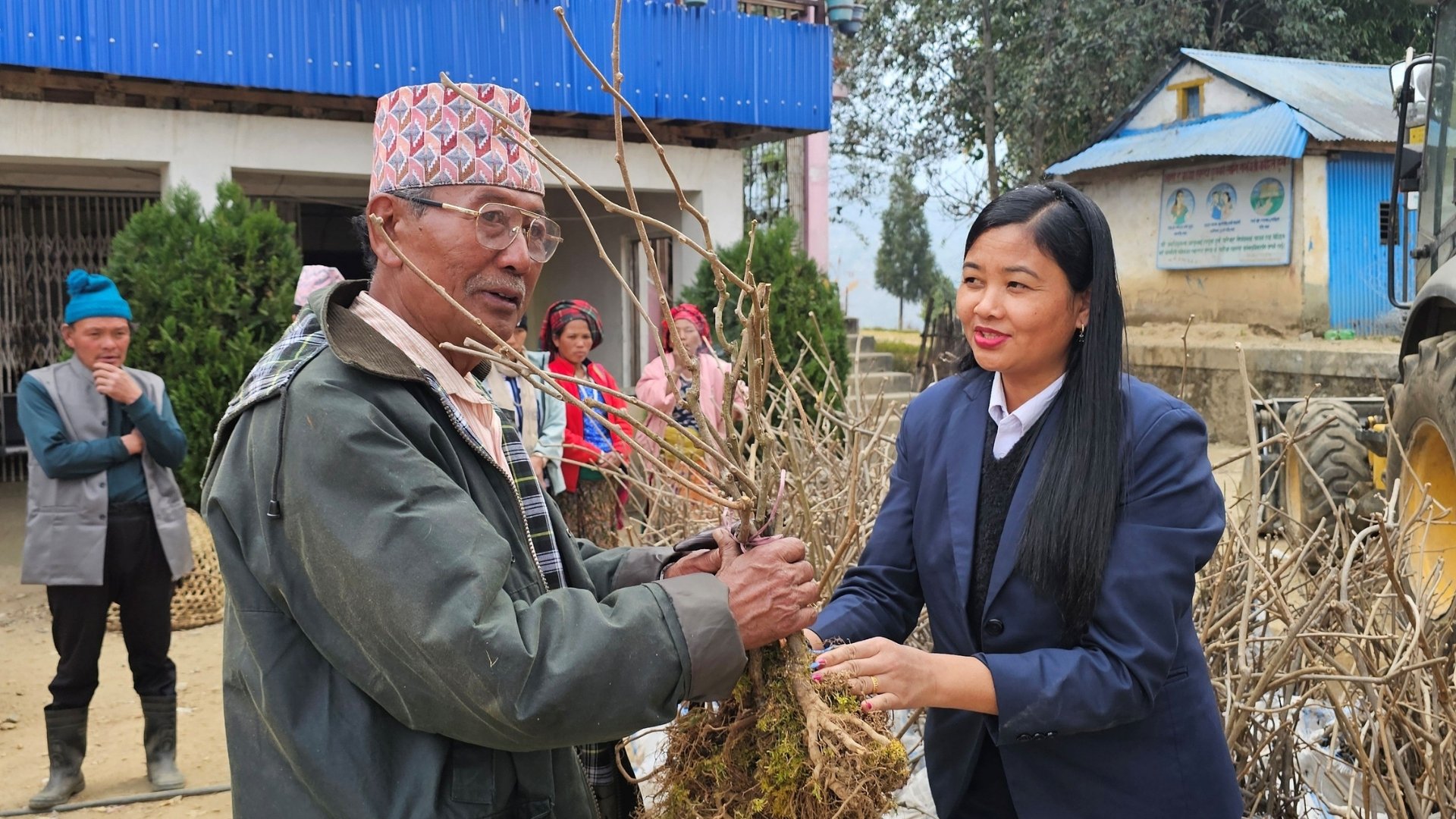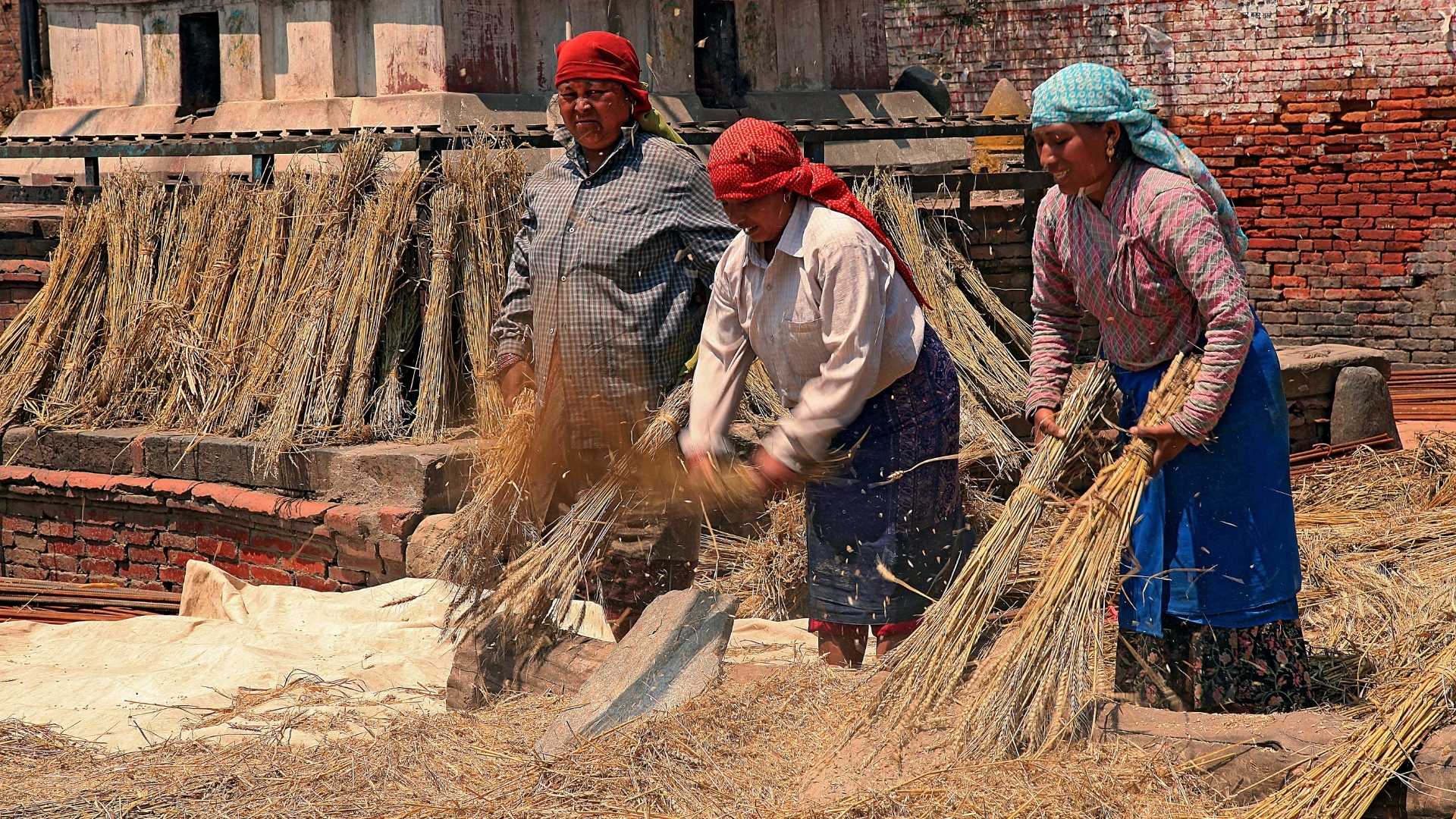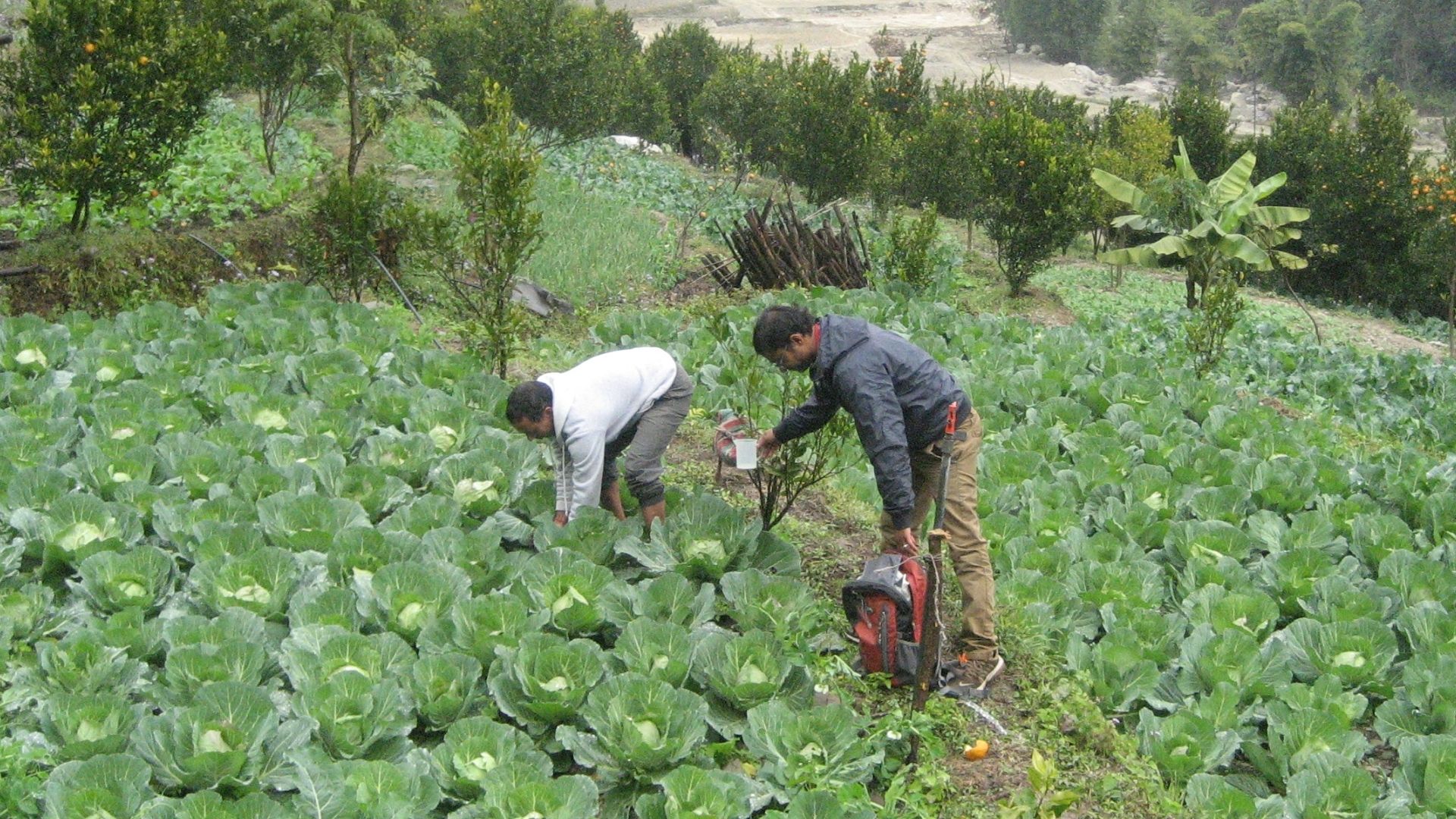Khagen Singh Hangam is the Minister for Industry, Agriculture, and Cooperatives of Koshi Province. Since assuming office, he has focused on entrepreneurship, making provisions in this year’s budget for seed capital and subsidies to institutions that provide skill-based training for self-employment.
Jaankaari talked with the minister on the current state of entrepreneurship in Koshi Province, the ministry’s work and how can Koshi be a hub for entrepreneurship? The following is an edited excerpt from a conversation with Minister Hangam.
What is the state of entrepreneurship in Koshi Province?
At present, the kind of investment that the provincial government should be making in entrepreneurship hasn’t materialized. We also haven’t been able to invest at the level expected by farmers and entrepreneurs.
However, we’ve begun some efforts. We are strategically thinking about working with universities through startups, since universities are knowledge hubs. There needs to be a favorable investment environment from the government for startups and industries in Koshi Province.
Even in terms of budget allocation, things haven’t gone exactly as planned.
What priority plans are currently underway under your ministry for small and medium-sized enterprises (SMEs)?
We are working separately in industry, agriculture, and livestock sectors.
Under the Industrial Enterprises Act, 2076, industries with investments above NRs 500 million still fall under federal jurisdiction for registration.
For smaller industries, we operate through District Offices for Cottage and Small Industries across all 14 districts of Koshi Province, which fall under the Department of Industry.
Through these offices, we are promoting local crafts and products derived from native resources like allo (nettles), lokta, and bamboo. We’re also promoting items like cardamom, products made from cardamom, and religious items such as containers used in worship.
We even refer to cardamom as “Black Diamond”.
However, in terms of market management, especially at the inter-provincial level—which is under federal jurisdiction—we haven’t been able to do as much as we intended.
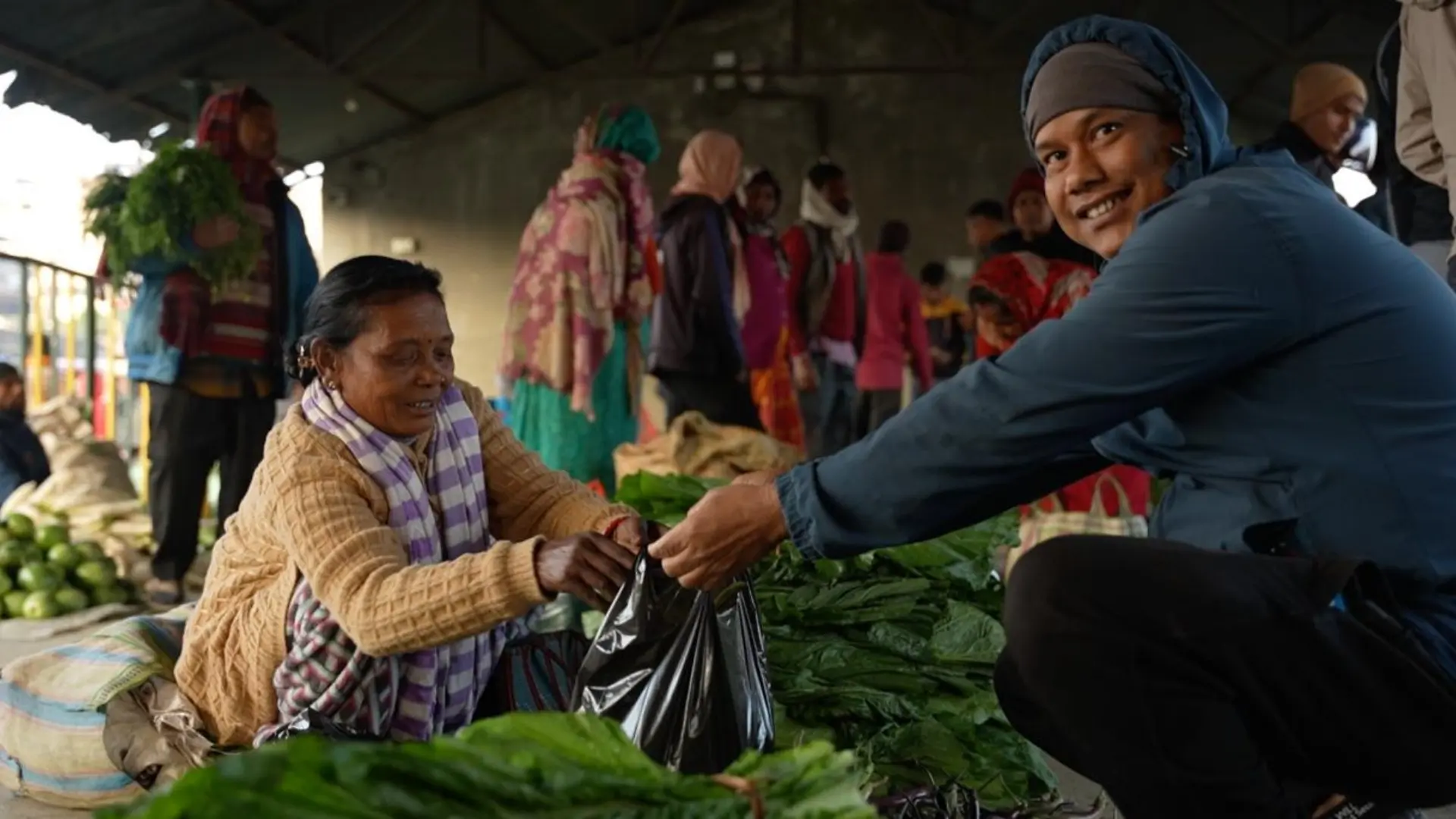
The IT Academy in Taplejung was funded during your tenure this year. How important is long-term support from the government for such institutions, especially those initiated by donor agencies?
Compared to other districts in Koshi, I don’t think the federal government has paid much attention to innovation, startups, or new technologies.
For instance, Taplejung has an IT Academy that I consider a model college for the province. Even the Koshi government currently lacks the capacity to produce such skilled manpower.
Thanks to the rise of digital technologies, youth from Taplejung are now working abroad using skills gained from this academy.
They’re learning web development, graphic design, and more. That’s why, this year, we made our first investment in the academy. Previously, similar institutions existed, but neither the province nor the federal government paid attention to them.
So, I thought—let’s give it a try. And today, this institution has become a model for Koshi. Students are working as volunteers, and many have become self-employed in countries like the U.S. and Europe.
From this alone, the academy has brought in NRs 6 million to Nepal.
That amount is revenue for the province, isn’t it?
Yes, and if such income is being generated, then we must also consider return on investment. If investment doesn’t yield returns, we won’t be able to create a sustainable environment for future investments.
But once we invest in startups, businesses, and industries, we start seeing returns. This supports the vision of “Singha Durbar in every local level.” These kinds of efforts help grow the GDP—first at the district level, then the provincial, and finally at the national level.
If we can’t create an ecosystem that brings return on investment, it will be difficult to sustain the country—or the province. That’s a challenge. But if we can implement strategic initiatives, there’s great potential.
You mentioned cardamom in Taplejung, tea in Ilam, chilies in Rake. As Minister of Agriculture and Industry, how is the province working to connect agriculture with industry to add value?
Connecting agriculture and industry is all about creating an ecosystem.
For instance, cardamom seeds can be sold to countries like India and Bangladesh. But we haven’t been able to sign a G2G agreement with them. Foreign trade policy lies under federal jurisdiction.
Nepal shares a large border with India, yet we haven’t managed to make progress on cross-border trade due to limitations in federal policy.
Cardamom-based products can be linked to industries, handicrafts, and home-based income generation. Similarly, in the case of chilies, we are focusing on labeling, packaging, and storage.
As for tea, unfortunately, the Tea and Coffee Development Board still falls under the federal government. Post-federalism, responsibilities like this should have been transferred to local and provincial governments.
But now, we’re in a situation where we have to demand and fight for our rights with the federal government. That shouldn’t be the case. Federalism demands clear division of powers—but that still hasn’t been fully implemented.
Tehrathum was once the capital of Dhaka fabric. Now that industry is declining. What can the provincial government do to promote such local products?
First, we must work on developing the ecosystem, and yes, it’s possible. In the past, Dhaka fabric in Tehrathum was hand-woven using bamboo tools. That originality must be preserved, but also modernized.
We shouldn’t displace old technologies but rather restore them with improvements—such as replacing bamboo tools with iron.
Previously, many households in Tehrathum had handlooms. Instead of letting that disappear, we can revive it by distributing iron-based looms. With policies like “one loom per family”, we can preserve the originality and boost local employment.
We’ve also introduced a policy where government staff will wear Dhaka fabric in official settings. This promotes local identity, creates a market, and helps preserve heritage.
Gandaki Province recently introduced a policy to brand its local liquors. Koshi is also rich in local identity. What steps are being taken to brand and market local products here?
Earlier, former provincial lawmaker Pratap Prakash Hangam had made efforts to pave the way for the establishment of a Tinpane liquor distillery, but the absence of relevant federal laws stopped the project.
Now, Gandaki Province has introduced a bill on local liquor production. That bill is close to being passed, and it shows that such work is possible. While some local governments have also introduced similar policies, their products remain limited to their own jurisdictions.
To go inter-provincial or international, we need the federal government to pass a flexible liquor law.
Some young entrepreneurs from Koshi tried this earlier but were blocked by federal laws. Now, they’ve started in the UK, producing millet liquor. We’ve learned from their experience.
If we establish distilleries within the province, we can scale up and go international. Otherwise, local liquors will remain local.
Before I took office, Hon. Pratap Prakash Hangam had already formed a steering committee. We’ve continued that work and are holding regular discussions. Consultations will start soon.
How is the province using digital technology to simplify industry registration, tax, and administrative procedures?
Times have changed. We can’t continue with manual processes for industry registration and approvals.
Everything must go online. For this, our ministry in coordination with the provincial government, has developed a software system.
Now, most administrative work in Koshi can be completed digitally.
What facilities are available for youths who want to start businesses, especially in the face of rising youth migration?
First, we must create an easy and supportive environment for industry registration. Our ministry is committed to making this accessible to citizens, communities, and businesses.
But merely easing registration isn’t enough. We must also provide capital for innovative businesses. That’s why, for the first time, we’ve introduced seed capital programs through the FY 2082/83 budget.
This is aimed at startups, businesses, and farmers. We’ve also conducted field visits and assessments to support struggling entrepreneurs based on priority needs.
What challenges do entrepreneurs face in the province despite receiving seed capital?
There are many challenges. Market access is a major one. Many entrepreneurs start businesses with bank loans, which are high-risk.
So, we’ve launched interest subsidy programs to support such entrepreneurs. Earlier, grants lacked transparency, so we switched to interest subsidies to improve accountability and ease.
Finally, what long-term plans are in place to make Koshi Province a hub for entrepreneurship?
Koshi produces over 90% of Nepal’s cardamom. If we can sign a G2G trade agreement, it can boost both GDP and income tax revenue.
Similarly, chhurpi has the potential to generate NRs four billion in foreign exchange. There’s also rising potential in coffee, and Koshi has suitable conditions for apple farming as well.
Despite being an agricultural country, agriculture receives the least budget allocation at all government levels. This must change.
We also need road connectivity, temperature-controlled agro-ambulances, and pesticide testing labs—especially as large quantities of vegetables come from Dharan, Dhankuta, and Tehrathum.
If we can utilize available resources properly, Koshi can lead the way in entrepreneurship. But budget management is key, and we’re working on that now.








